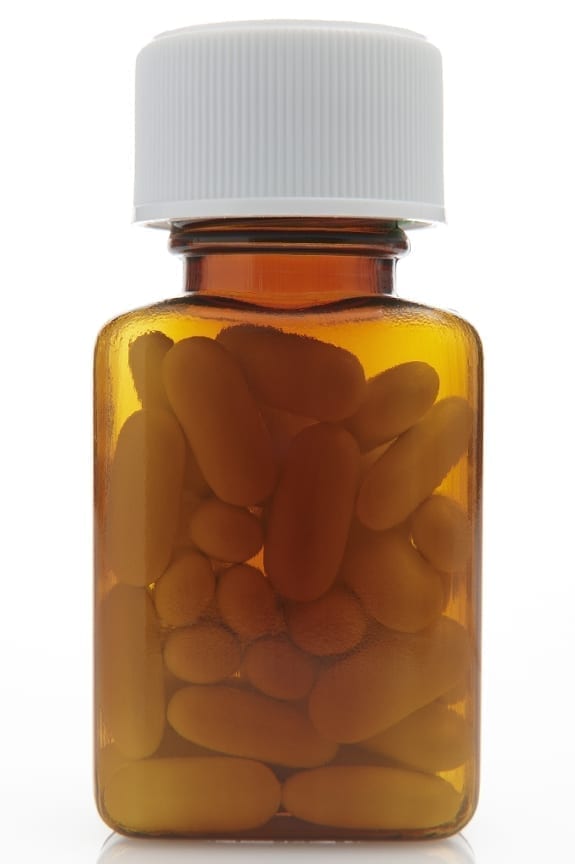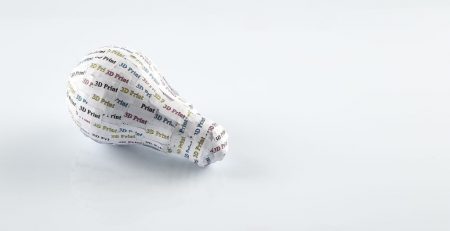Study Finds Pharmaceutical Drug Ads Misleading To The Public
The United States is only the second country throughout the world to allow pharmaceutical manufacturers to market their products directly to the public in commercial like Viagra and Zoloft. However, a new study finds when pharmaceutical companies advertise their over the counter drugs to consumers, the ads aren’t always truthful. This study claims that six out of ten pharmaceutical manufacturer’s advertisements have “potentially misleading claims”, according to a study from the Journal of General Internal Medicine.
The 168 advertisements studied came from a TV archive of ABS, CBS, NBC and CNN broadcasts that aired between 2008 and 2010. The researchers looked at the 6:30 news slot because that’s a prime time frame to run drug ads–that’s when old people are watching, and old people love their drugs. Completely false claims about the drugs were pretty rare, probably because false advertising is illegal. But 57 percent of all the commercials left out vital information, or exaggerated something, inserted opinions rather than facts, or made meaningless “lifestyle associations,” saying things like “taking x will help you live the life you want to.” (Drawing implicit connections between taking Viagra and being a successful sailor might fit that bill).
Here’s one example of the kind of misleading claim the authors found:
“Bayer Quick Release Crystals are ready to work faster than caplets or tablets.” The formulation may dissolve quicker, but it is not taken up by the body any faster, nor will it relieve pain faster than other formulations. Eight out of 10 over-the-counter drug ads, which are regulated by the FTC rather than the FDA, had misleading or false claims, compared to six out of 10 prescription drug ads. Of course, the study was somewhat limited by the fact that it only looked at 30 minute windows of advertising over the course of an entire day. But it seems pretty reasonable to say that the companies that really want people to ask for their drug might be a little biased in their representation of how awesome it is.














